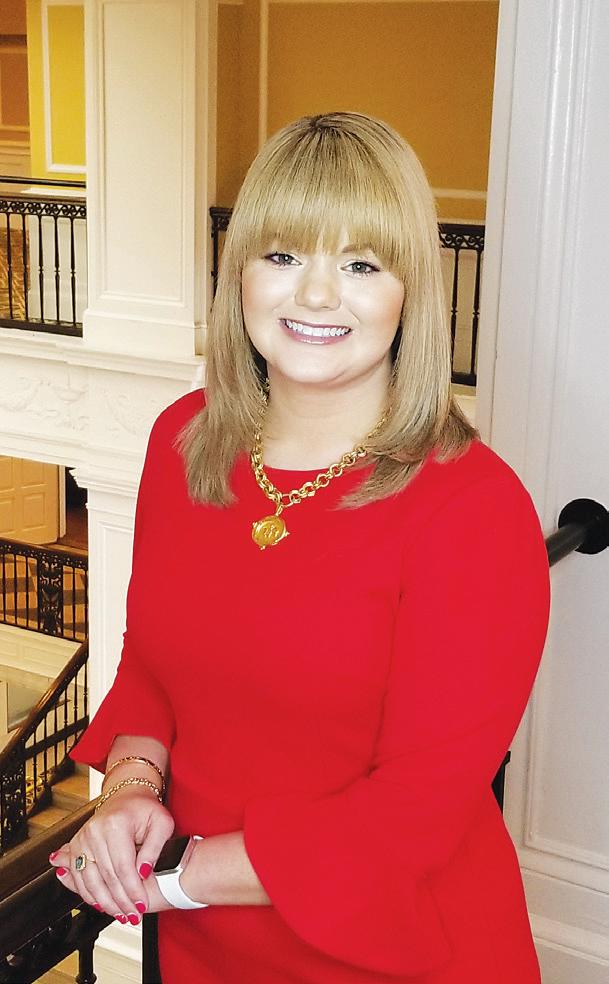Still learning after all these years Leaders at three of our one-hundred-year-old institutions have innovated in ways that may never have occurred if not for a virus-provoked lockdown. With their dining room and common areas closed (for the duration of the pandemic according to its website) Roanoke’s Shenandoah Club members picked up meals and that month’s featured wines for tasty at-home dining. Recently, fifty members and guests gathered on Zoom video conferencing for a virtual wine tasting along with the backdrop of a club-provided meal. In the virtual tasting room, engaging wine maker Count Sebastiano of Tuscany joined from Italy to showcase three of his wines and to share winemaker’s tasting notes. The club’s Chef Light says that was a hit with members. Another innovative event is in planning for this summer. When members are able to visit the reopened club, he wants them to feel that they never skipped a beat.
TECH TALK By Rob Turcotte Executive Summary: Roanoke area non-profit organizations creatively respond to the COVID-19 challenge using virtual platform technologies.
36
t JULY 2020 / vbFRONT.com
The Kiwanis Club of Roanoke has met weekly for over 100 years. When COVID-19 threatened in-person lunch meetings, Mike O’Brochta enthusiastically enlisted as Virtual Meetings Chair, determined to extend the weekly meeting count to 101 years. Now using Zoom, President Cheri Hartman expertly runs an upbeat virtual meeting that hosts a presentation from a Roanoke-area leader. Attendance has been near pre-COVID-19 levels since the first virtual meeting in April. A recent count of seventy-two members and eleven guests proves members resilience and determination. With the continued good health of their members in mind, conversation is under way to develop hybrid meetings where members may attend in person or on-line, starting in July or August. (To attend as a guest, email club secretary John Montgomery at jmonty@cox.net.) Family Service of Roanoke Valley is another of our over one hundred years of age non-profit organizations that adapted their model to a socially distanced world. Linda Hentschel,

















